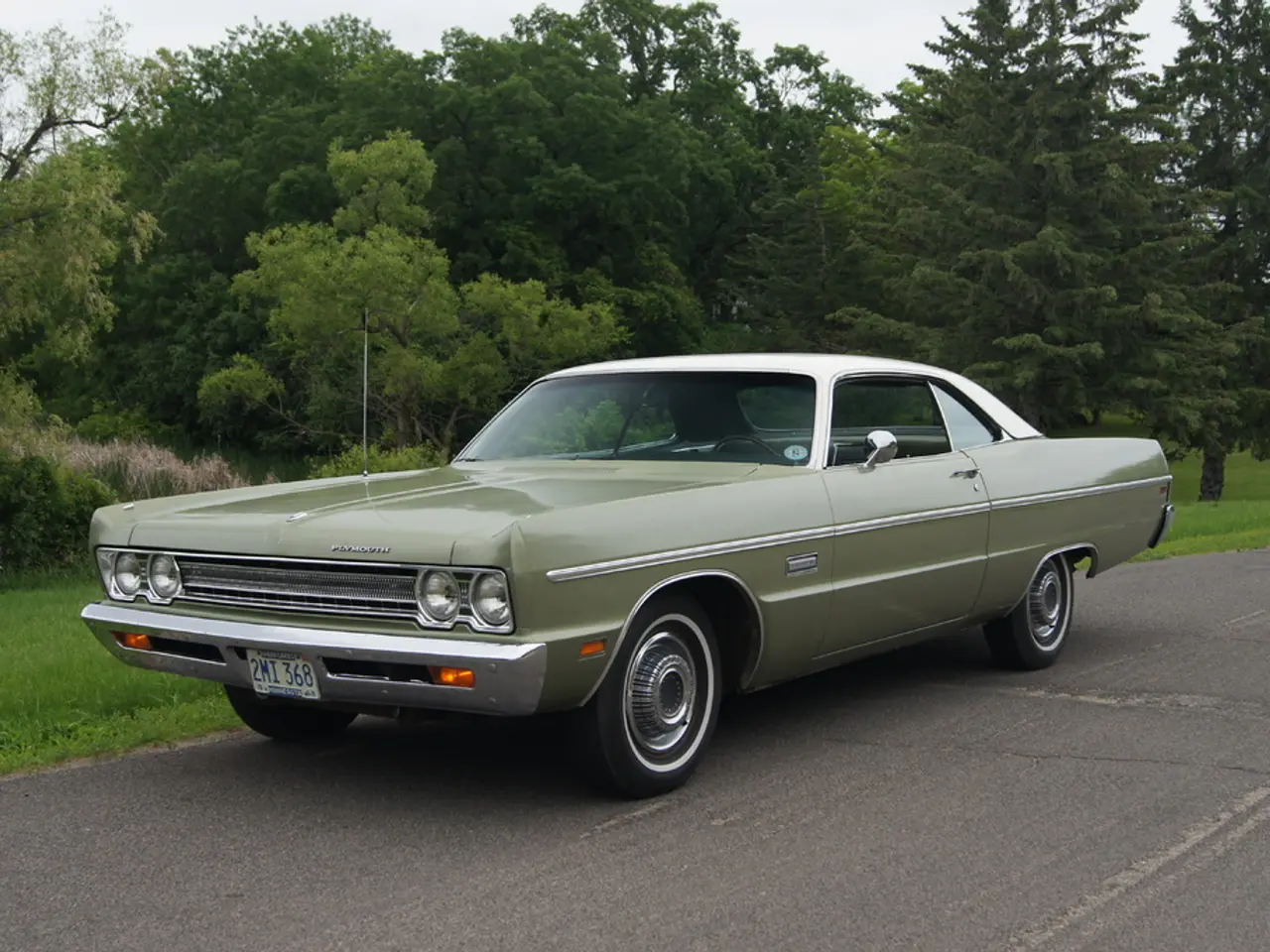Business discontinues use of 'carbon neutral' label, shifting focus from offsetting emissions
In a notable move, Southeast Asian ride-hailing giant Grab has rebranded its carbon offsetting initiative, previously known as the "carbon neutral fee", to the "Green Programme". This update reflects an expansion and rebranding of the initiative to make it easier for users to fund impactful, local climate projects with each ride or delivery, emphasizing broader environmental engagement rather than just carbon neutrality.
The Katingan Mentaya peatland restoration project, a carbon project listed on Bursa Malaysia's Carbon Exchange and Temasek-backed Climate Impact X in Singapore, has been a key partner in Grab's offsetting efforts. Since 2021, Grab's offsetting feature claims to have avoided 380,000 tonnes of greenhouse gas emissions through the purchase of carbon credits from this project.
However, the change in name has not been without controversy. RimbaWatch, a Malaysia-based environmental watchdog, has called into question the credibility of Grab's initiative in the past. The organisation recently pointed out that carbon offsetting is considered the most common form of greenwashing in Southeast Asia, and it has observed cases of exaggerated or false sustainability claims in the region since 2020.
RimbaWatch considers Grab's latest move, ending the use of "carbon neutral" in its branding, as significant, as it ends a period of "misleading claims" made about Grab's offsetting function to its customers. The organisation hopes that this change will direct Grab towards prioritizing real-world emissions reductions rather than relying on unproven and hypothetical carbon markets.
The EU Green Claims Directive, currently working its way through the EU's legislative system, will bring about closer scrutiny of corporate green claims globally, particularly on the use of carbon offsets. This increased scrutiny aligns with RimbaWatch's suggestions, as it suggests that companies like Grab could take these developments into account by removing misleading claims from their branding.
Grab's carbon offsetting scheme, now called the "Green Programme", operates in eight Southeast Asian countries: Malaysia, Indonesia, Thailand, Philippines, among others. The firm has not changed its 2040 carbon neutrality pledge, which is promoted on its website.
Meanwhile, the Katingan Mentaya peatland restoration project has faced criticism from Greenpeace, which found the project to be ineffective at reducing emissions. Permian Global, the carbon finance firm managing the project, has rejected these allegations.
Elsewhere, energy firm EnergyAustralia was recently forced to apologise for misleading consumers with its own carbon neutral programme. The practice of promoting an activity or product as carbon neutral solely based on the use of offsets has been explicitly banned by both the EU and United Kingdom through their updated advertising laws.
As the debate over carbon offsetting and greenwashing continues, Grab's decision to rebrand its carbon offsetting scheme could signal a shift towards more transparency and accountability in the industry. However, the long-term impact of this change remains to be seen.
- Grab's recent rebranding of its carbon offsetting initiative, now named the "Green Programme", emphasizes broader environmental engagement beyond carbon neutrality in every ride or delivery.
- The Katingan Mentaya peatland restoration project, a carbon project partner of Grab, has been a key contributor to the avoidance of 380,000 tonnes of greenhouse gas emissions since 2021 through the purchase of carbon credits.
- RimbaWatch, a Malaysian environmental watchdog, has expressed concerns over the credibility of Grab's carbon offsetting initiative, citing carbon offsetting as the most common form of greenwashing in Southeast Asia.
- The EU Green Claims Directive, currently in the legislative process, will bring about increased scrutiny of corporate green claims, particularly on the use of carbon offsets, possibly influencing companies like Grab to take action against misleading claims.
- Energy firm EnergyAustralia had to issue an apology for misleading consumers with its carbon neutral program, as promoting activities or products as carbon neutral solely based on offsets has been explicitly banned by updated advertising laws in both the EU and UK.
- The debate over carbon offsetting and greenwashing continues, and Grab's decision to rebrand its carbon offsetting scheme could signal a movement towards increased transparency and accountability within the industry.
- Sustainability in business, technology, lifestyle, education, and self-development, along with general news, is evolving as we seek ways to address climate change and prioritize real-world emissions reductions over reliance on carbon markets.




